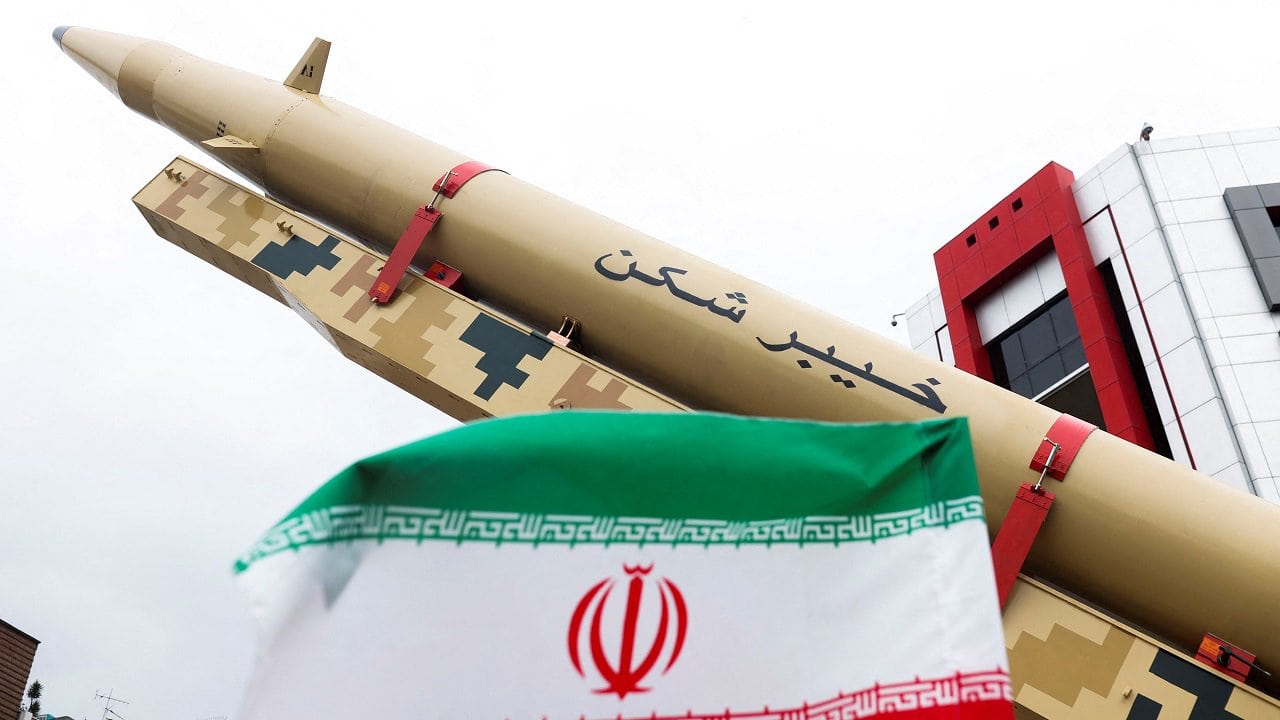The executions continue in Iran as U.S. officials offer boilerplate condemnation. “We condemn Iran’s sham trials & execution of Mohammad Mehdi Karami & Mohammad Hosseini in the strongest terms,” State Department Spokesman Ned Price tweeted. Rob Malley, the Biden administration envoy to Iran, wrote that he was “appalled by the regime’s execution of two more young Iranians after sham trials.”
Such condemnation is meaningless but undercut by the fact that the Biden administration continues to funnel billions of dollars into the coffers of the regime and its Islamic Revolutionary Guard Corps, either by non-enforcement of sanctions or lucrative hostage ransom deals. With such context, it should surprise no one that neither Supreme Leader Ali Khamenei nor the broader Iranian regime takes President Joe Biden seriously.
Diplomats may believe their strong language effective but non-diplomats do not ascribe importance to the word choices over which American diplomats can debate for hours. It is time instead for Price and Malley if not Biden himself to signal to ordinary Iranians that they understand both the nature of their oppression and the horror they face. It is time to charge Khamenei and President Ebrahim Raisi with mofsed-e filarz, corruption on earth. This is the blanket charge that Khamenei, Raisi, and the Iranian judiciary use to condemn the protestors. In Iran, it is a crime punishable by death.
Certainly, mofsed-e filarz is not a legal category in international human rights law nor in the U.S. code, but then again, neither are such phrases as ‘condemn,’ ‘sham’ or ‘appalled.’ To label Khamenei as corrupt on earth, though, would immediately signal that the U.S. assesses Khamenei to have no legitimacy, either religiously or morally. It would place the United States on the right side of history by siding with the Iranian people against a regime they assess to have lost all legitimacy.
Khamenei sits upon an empire of business and cash worth tens of billions of dollars. He may believe violent repression can preserve his power and financial interests, but by labeling him corrupt upon the earth, the United States would also signal the United States recognizes that the crimes upon which his business and political empire are built are worthy, under current Iranian law, of death.
Malley may resist because of some degree of sympathy with what the Islamic Republic represents. National Security Advisor Jake Sullivan, who as an aide to Secretary of State Hillary Clinton, pushed for the current rapprochement with Iran, may say such language stands in the way of diplomacy. Such an argument would only display naïveté. Khamenei will never accept the United States. The problem is not any particular grievance that diplomats can paper over or address, but rather a fundamental, core ideological animosity to the West and the liberalism and freedom for which it stands.
Labeling Khamenei and Raisi mofsed-e filarz is both deserved and signals to Iranians and the broader international community will hold them accountable for the blood on their hands. It would also be a shot of adrenalin the Iranian people need as they feel the world’s attention begin to move on. It would also benefit Iraqis and Lebanese as they fight corruption perpetrated by parties that cynically seek to hijack religion. Sometimes moral clarity matters. Khamenei is the personification of corruption on earth. It is time to say so.
Michael Rubin is a senior fellow at the American Enterprise Institute, where he specializes in Iran, Turkey, and the broader Middle East. A former Pentagon official, Dr. Rubin has lived in post-revolution Iran, Yemen, and both pre- and postwar Iraq. He also spent time with the Taliban before 9/11. For more than a decade, he taught classes at sea about the Horn of Africa and Middle East conflicts, culture, and terrorism, to deployed US Navy and Marine units.

